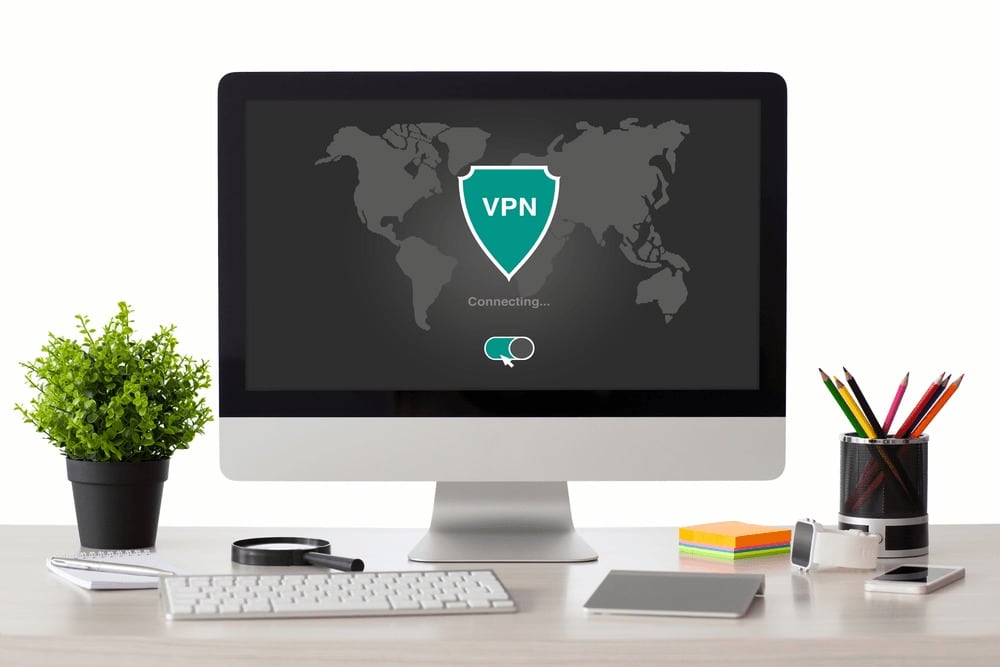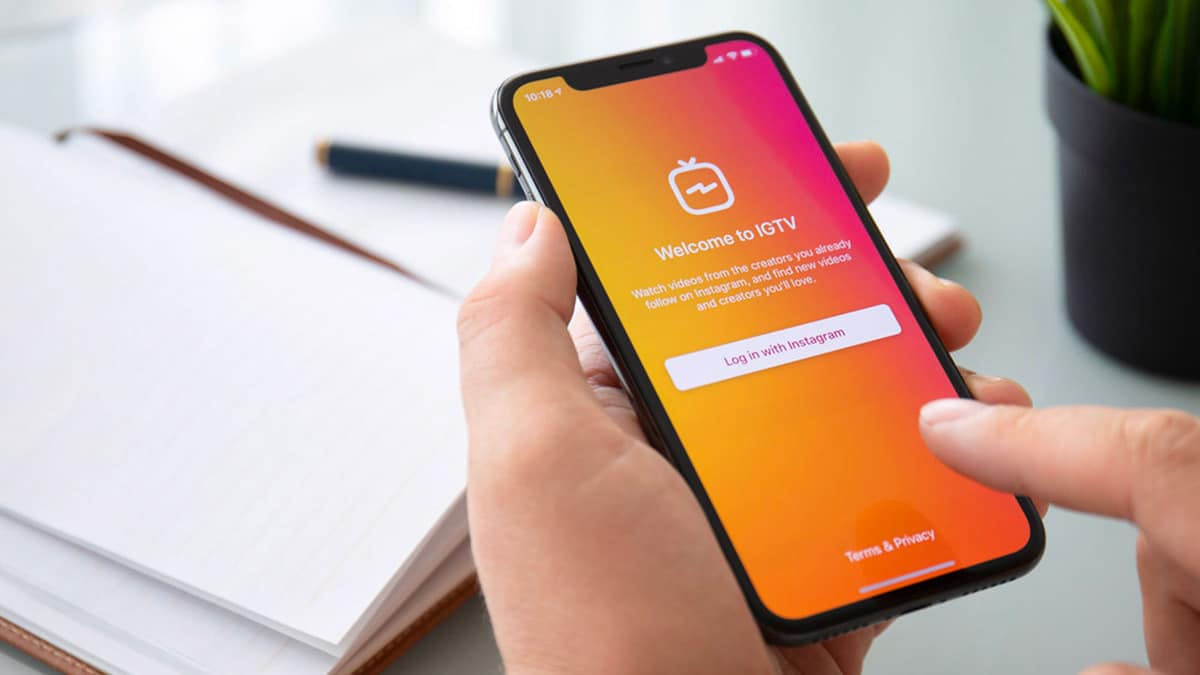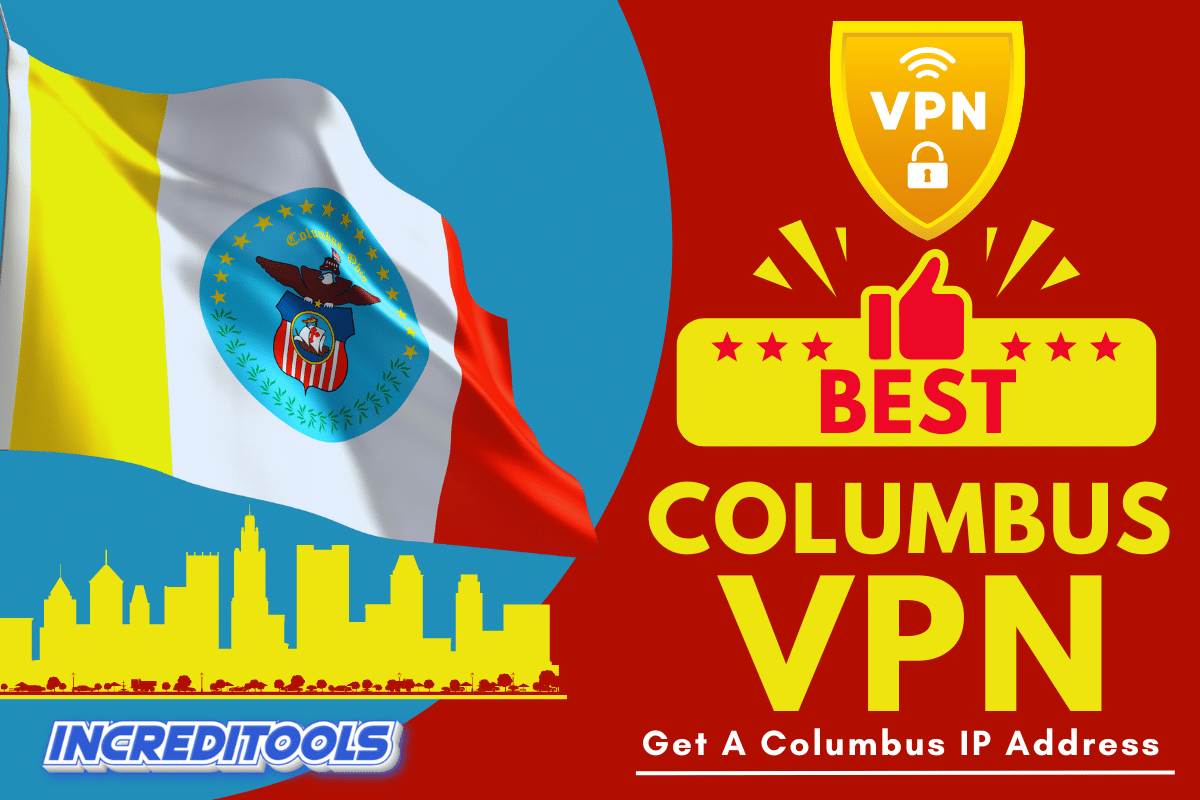Have you ever needed to access a Facebook page that you don‘t administer? Many people have found themselves in this situation, whether they are an employee needing workplace page access or simply concerned about a page‘s security. Hacking into a Facebook page without permission is unethical and illegal. But with the right approach, you can gain proper authorized access or report suspicious page activity through legitimate channels.
This guide will clearly explain how to access a Facebook page without admin rights in an ethical, above-board manner. We‘ll also provide tips to secure your own Facebook pages against unauthorized access attempts. Let‘s dive in!
Key Differences Between Personal Profiles and Pages on Facebook
To understand how to ethically access a Facebook page, you first need to know how pages differ from regular user profiles. Facebook launched pages back in 2007 to allow businesses, brands, celebrities and other entities to interact publicly with audiences on its platform.
Here are the main differences:
- Profiles are for individual people to share personal life updates, photos, interests, and connect with friends and family.
- Pages allow organizations, businesses, artists, influencers and public figures to broadcast information publicly and engage with their followers.
According to Facebook‘s own statistics, over 200 million businesses globally use Facebook pages as of 2022 for marketing, customer service, recruitment and other business goals. But accessing a page requires going through different channels than accessing someone‘s personal profile.
| Facebook Profiles | Facebook Pages |
|---|---|
| For individual people | For entities like businesses, brands, artists |
| Connect with friends and family | Broadcast publicly to gain followers/fans |
| Share personal life updates | Post company/organization updates |
| Strict privacy controls | Public-facing and interactive |
Ethical Concerns Around Attempting to Hack Pages
With a Facebook page, you are essentially acting as a public representative for whatever entity that page belongs to. As such, the bar for accessing a page without explicit authorization is much higher from an ethical perspective.
Attempting to "hack" a Facebook page without permission – such as through password cracking, phishing schemes, or exploiting security vulnerabilities – is unethical, full stop. It violates the privacy and data security rights of whoever created that page in good faith.
The only exception would be if you have a legitimate affiliation with the page, like being an employee of the company who owns the page. Even then, transparently contacting the admins and requesting access is better than attempting to hack the page by force or deception.
Proper Ways to Request Admin Access on a Facebook Page
If you do have a valid need to access a Facebook page connected to your work, brand, or organization, there are proper channels to request admin access or ownership rights:
- Contact Current Page Admins: The most ethical approach is to directly message the existing admins, explain who you are and your affiliation, and politely request that they add you as an admin or editor. Provide reasons why you need access and how you can contribute positively to the page if granted permissions.
- Report Suspicious Activity: If you have strong reason to believe the page has been compromised, hacked or is exhibiting abnormal behavior, you can file a report via Facebook‘s help pages. Choose the option "Report a compromised account". The Facebook security team will then investigate and may restore proper admin access if needed.
- Prove Ownership: If you originally created the page but were removed as an admin, you can contact Facebook support directly and provide documentation that proves your affiliation or ownership. For a business page, examples could include official registration documents, company website info, receipts and invoices. Once verified, Facebook can grant you admin access again.
Breakdown of Facebook Page Roles
Here are the different levels of page roles and what each can access:
| Role | Permissions |
|---|---|
| Admin | Full page access – can manage roles, content, settings |
| Editor | Can edit page content, respond to messages |
| Moderator | Can respond to and delete comments |
| Advertiser | Can manage ads and view analytics |
| Normal Follower | Can view page content and interact via likes, comments |
As you can see, Admins have full control while other roles like Moderators have more limited functionality.
Securing Your Own Facebook Page Against Hacking
On the flip side, if you are a Facebook page admin yourself you have an important responsibility to properly secure your page against unauthorized access attempts. Here are some key tips:
- Use a strong, complex password unique to your Facebook account. Enable two-factor authentication via SMS or an authenticator app for an extra layer of security on your account.
- When assigning page roles, only grant higher privileges like Editor or Advertiser to those who truly need them. Don‘t give admin rights too freely.
- Regularly check your page‘s security log under Settings > Security for any suspicious or unauthorized activity. Also enable login approvals which require an admin to authorize any new logins.
- Set up alerts for any spikes in page invite requests, which could signal someone trying to hack in and grant themselves access.
- Consider tools like Facebook‘s extra security checks, which requires you to record a video selfie to verify identity if the system detects suspicious log-in attempts.
Proper access controls, limited role distribution, and vigilance will help lock down your Facebook page against potential hacking risks. Never get complacent about your page‘s security.
In Summary
While hacking a Facebook page may seem like an easy shortcut if you need access, it is highly unethical in most cases and likely a violation of Facebook‘s terms of service. Only pursue proper authorized access through transparent communication with current admins or Facebook support.
As responsible page owners, we must also take precautions to prevent our own pages from being compromised. With good cyber security habits, you can avoid the need to ever consider hacking a Facebook page. Act ethically, communicate effectively, and apply security best practices.






